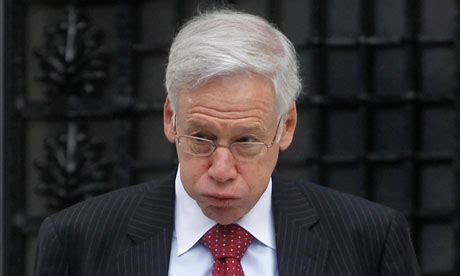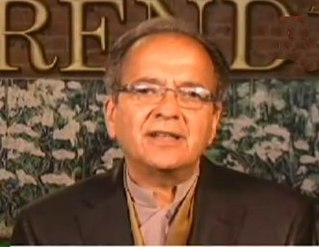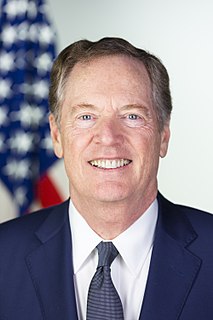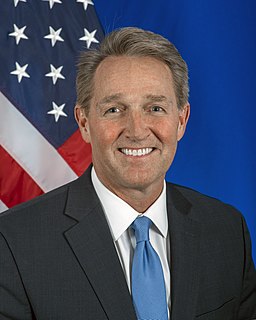Top 71 Protectionism Quotes & Sayings
Explore popular Protectionism quotes.
Last updated on April 14, 2025.
Threats of trade protectionism, plus unilateral actions on the exchange-rate front, such as the heavy interventions of China, Japan, and Switzerland in the currency markets - not to mention the retaliatory tariffs recently passed by the U.S. House of Representatives - endanger growth prospects and could further depress financial market confidence.
Yes, we're in a protectionist era because when you have lack of domestic growth, everybody tries to unload the problem on foreigners with protectionism, devaluations, cutbacks on imports. But is there going to be a dramatic change? TPP is dead anyway, and similar deals in the eurozone are going nowhere.
Racial, globalist free markets hasn't worked for everybody in America - hasn't worked for at least the white working, or lower middle class in America don't perceive that it has worked very well for them. It hasn't served everybody, and a bit of protectionism - for many American voters - seems like quite an attractive thing.
Inflationism, however, is not an isolated phenomenon. It is only one piece in the total framework of politico-economic and socio-philosophical ideas of our time. Just as the sound money policy of gold standard advocates went hand in hand with liberalism, free trade, capitalism and peace, so is inflationism part and parcel of imperialism, militarism, protectionism, statism and socialism.
The analysis in the era of Ronald Reagan and Margaret Thatcher was that government was interfering with the efficiency of the economy through protectionism, government subsidies, and government ownership. Once the government "got out of the way," private markets would allocate resources efficiently and generate robust growth. Development would simply come.
I think the Respublican party's lost its way. We have given into nativism and protectionism. And I think that, if we're going to be a governing party in the future, and a majority party, we have got to go back to traditional conservatism, limited government, economic freedom, individual responsibility, respect for free trade. Those are the principles that made us who we are.
The vast majority of Americans are employed in service sector industries, and many of those sectors are highly internationalized. The most high-value added sectors, notably the tech sector, is massively globalized. And, for them, it would be a disaster if America's trade policy was to go down a spiraling route towards protectionism.
With the election of Trump, America's soft power has taken a big hit. The United States has moved from a position of leadership in the creation of a rules-based international system to a position of leadership in its destruction and the creation of a regime of global protectionism. The damage will be long-lasting.

















































